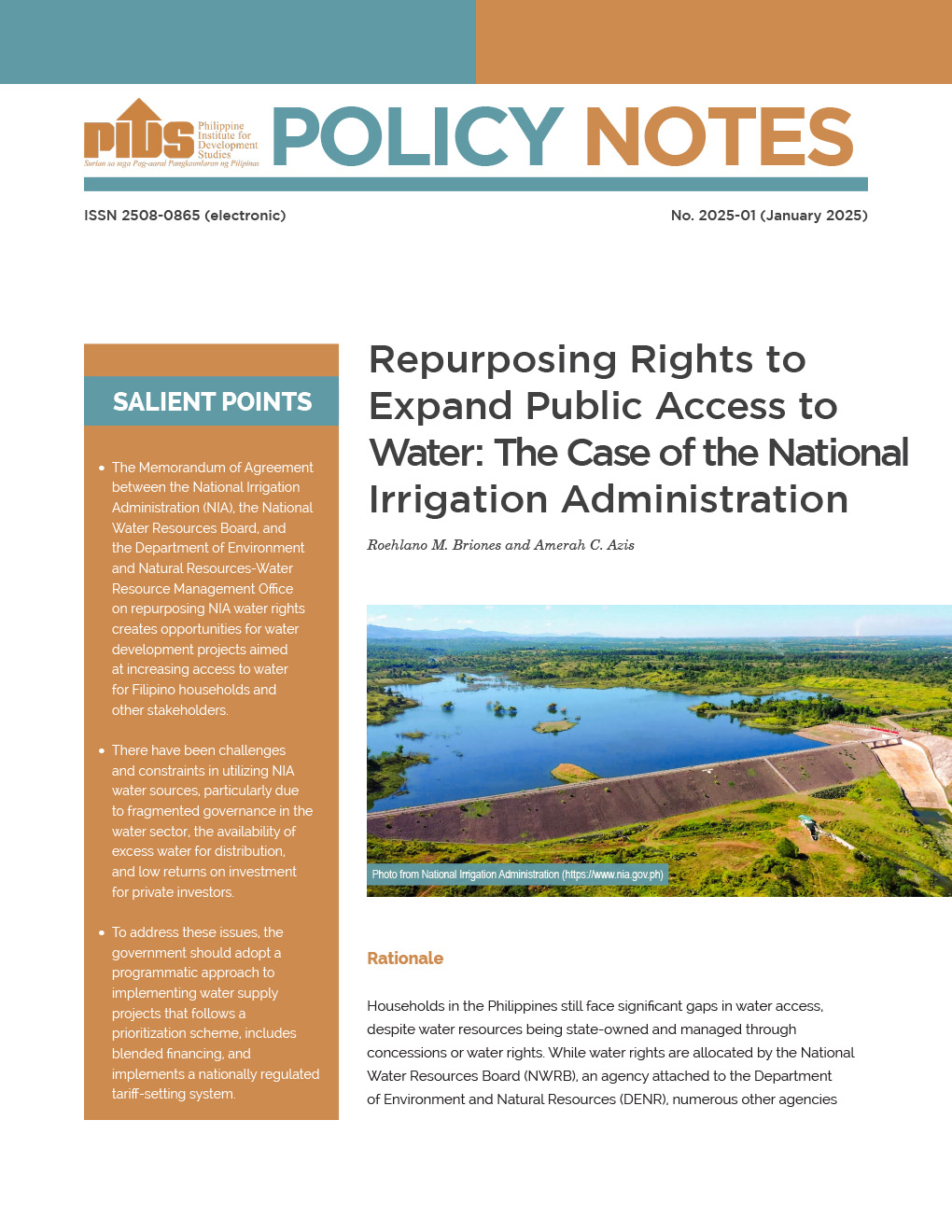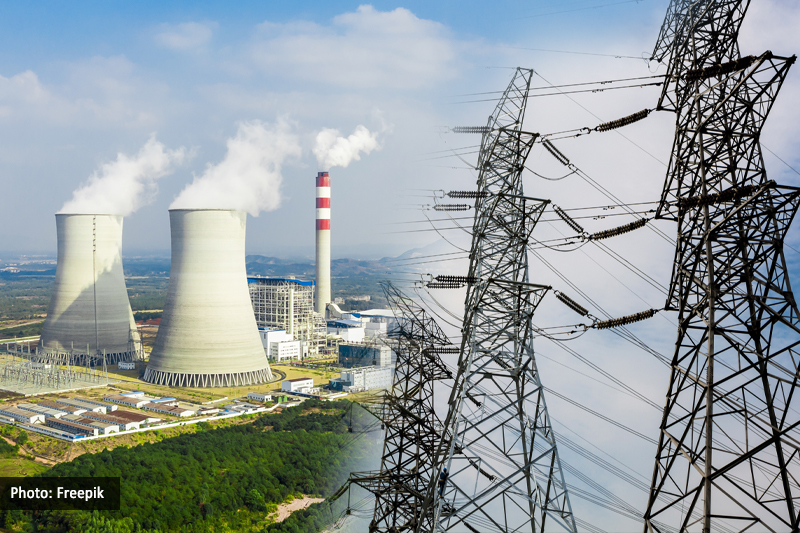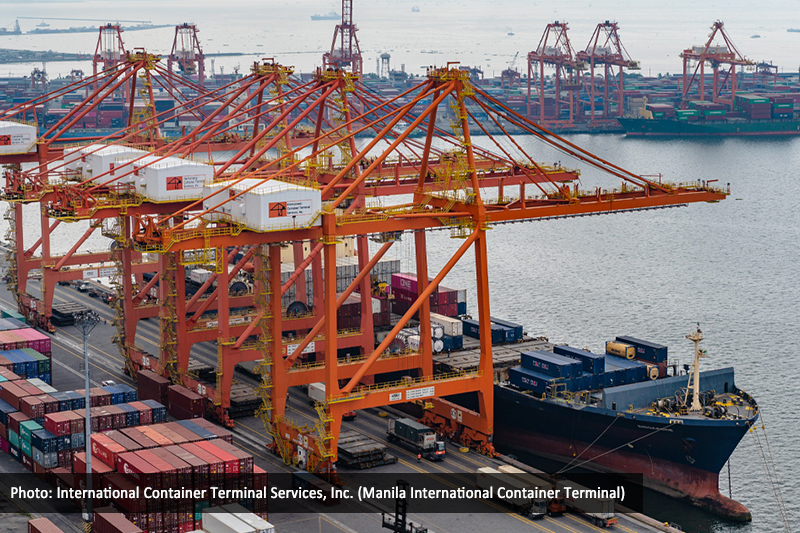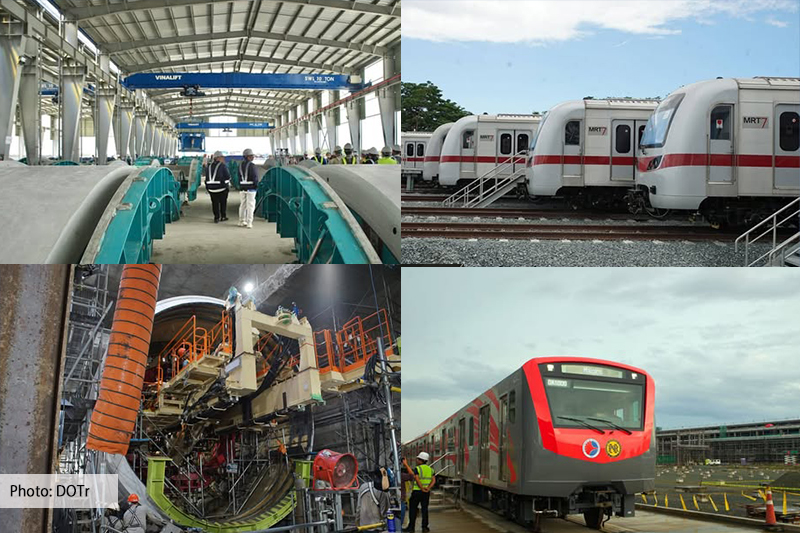MANILA, Philippines — The government should prioritize addressing the country’s insufficient natural gas and inadequate power reserves, as well as clarify legislative and regulatory frameworks for upstream activities to improve the country’s power supply, state think tank Philippine Institute for Development Studies (PIDS) said.
In a policy note, the PIDS outlined concerns that need to be prioritized by the government in the immediate term given power supply challenges.
Among these priority concerns is the prevailing tight power supply conditions in the Luzon-Visayas grid and the declining output from the Malampaya gas field.
PIDS senior research fellow Adoracion Navarro said the Luzon-Visayas grid suffered from a drastic reduction in power supply as the gas supply and purchase agreement (GSPA) from the Malampaya gas field to the 1,200-megawatt (MW) Ilijan Power Plant ended last June.
With the expected decline of output from Malampaya, she said the GSPAs for other power plants are set to expire, which would further reduce the power supply to the grid.
“Hence, the timing of the operation of facilities for receiving and regasifying imported liquefied natural gas to replace fuel from Malampaya is crucial,” Navarro said.
She said the government would also have to prioritize action on the inadequate power system reserves.
“Although the Department of Energy (DOE) prescribes a 25-percent reserve supply, the country’s power system has long suffered from inadequate reserves,” she said.
In addition, she said there is a need to have clear legislative and regulatory frameworks for upstream gas activities to minimize perceptions of risks on the part of potential investors.
“Upstream investors are waiting for clarity on the interpretation of the 60-percent revenue share of the government in the Malampaya Deep water Gas-to-Power Project, as this will impact further exploration and development activities,” she said.
A petition to review the Commission on Audit’s ruling that the Malampaya consortium’s income tax payment should not be charged as part of the 60 percent share of the government, is pending at the Supreme Court.
“Drafting new legislation to improve the framework for urgently needed upstream investments can already be started, pending the Supreme Court’s decision on the petition,” Navarro said.
Aside from responsive policies and legislation, the PIDS policy note recommended an aggressive monitoring of committed power projects.
“In its monitoring, the DOE must examine the project-specific causes of delays, address the causes and consequences of delays within the government’s control, and, to the extent possible, see how it can help fix problems on the private sector side,” Navarro said.
She also said there is a need to accelerate development of indigenous energy sources to reduce reliance on imported fuel.
“Although the priority concerns discussed above are in the immediate term, addressing them will boost the country’s attainment of short- to medium-term economic growth targets and help its medium-term poverty alleviation objective,” Navarro said.












